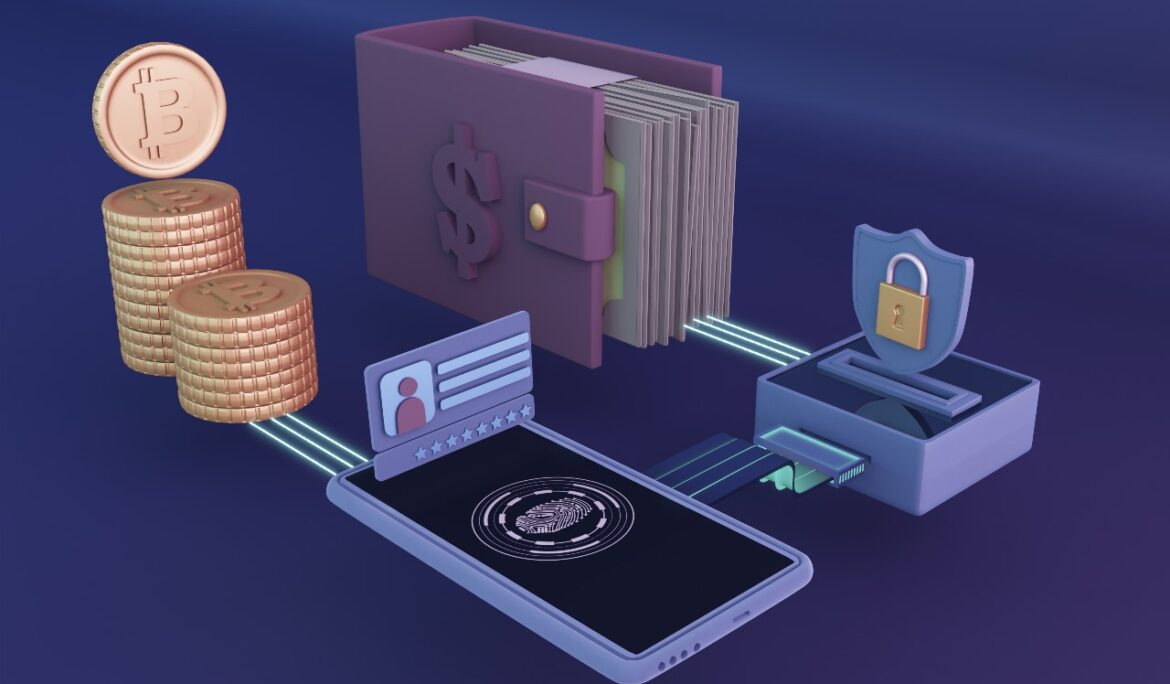Data is becoming just as important as money, if not more so, and individuals are concerned about safeguarding it in today’s financial environment. Information is produced by every click, login, and transaction, and financial institutions own some of the most private information known to man: credit scores, investment history, income information, and personal identification numbers.
Data privacy has become the new currency as fintech grows and digital banking becomes more commonplace; it determines long-term growth, loyalty, and trust.
Data’s Ascent as a Resource
Customer data serves as the foundation for innovation in banks, insurance companies, and fintech businesses. It is used by AI models to forecast market trends, customize services, and make credit judgments. However, great responsibility accompanies great value. In addition to monetary damages, improper data handling or a breach may result in damaged reputation, fines, and diminished confidence.
Why It’s More Important Than Ever to Protect Data
The New Competitive Advantage is Trust
Consumers are becoming more and more concerned about the collection and usage of their data. A bank or fintech that puts data privacy first not only stays out of trouble but also establishes a reputation that consumers will trust in the future.
Increasing Regulatory Pressure
Regulators around the world are tightening regulations on how organizations gather, use, and keep personal data, from the GDPR in Europe to the PDPL in Saudi Arabia and the DPDP Act in India. Compliance is now necessary for survival; it is no longer optional.
The Risk of Cyberattacks Is Growing
Hackers most often target financial institutions. The attack surface is only growing as a result of cross-border payments, open financial APIs, and cloud use. Data protection equates to financial protection.
Innovation Can Be Killed by Data Misuse
Fintech thrives on innovation, but advancement may be halted by a single mistake in the way client data is handled. When consumers are certain that their privacy is protected, they are more open to trying new services.
How to Take the Lead in Privacy at Financial Institutions
Adopt “Privacy by Design”: Don’t add security and privacy as an afterthought; instead, include them into products from the beginning.
Invest in Zero-Trust Models and Encryption: In addition to firewalls, proactive defenses are necessary for modern cybersecurity.
Be Open and Honest with Customers: Confidence is increased when data usage is communicated clearly.
Frequent Audits and Compliance Checks: Resilience is ensured by staying abreast of evolving requirements.
The More Comprehensive View
Data is the currency of innovation in the digital economy. However, unlike money, it belongs to customers and is not owned by banks or fintech firms. Institutions that comprehend this will win the long game of growth and loyalty in addition to avoiding dangers. Data privacy is now a fundamental business strategy rather than merely an IT issue. Financial institutions will be positioned as leaders in a future driven by trust if they consider consumer information as the most valuable money.Because while money may influence markets in the financial industry, trust,which starts with privacy and moves individuals.










